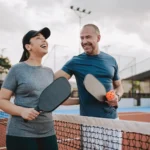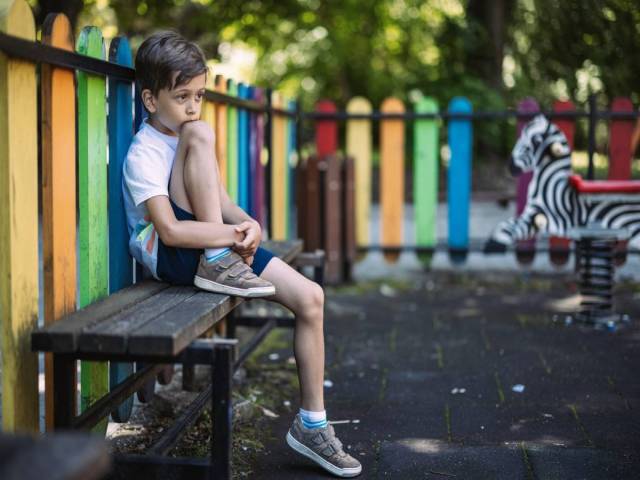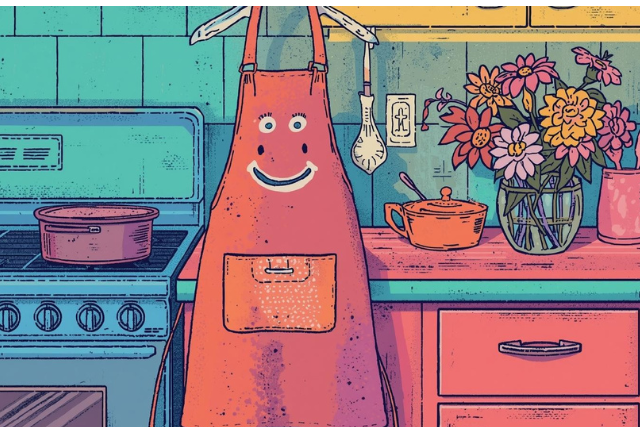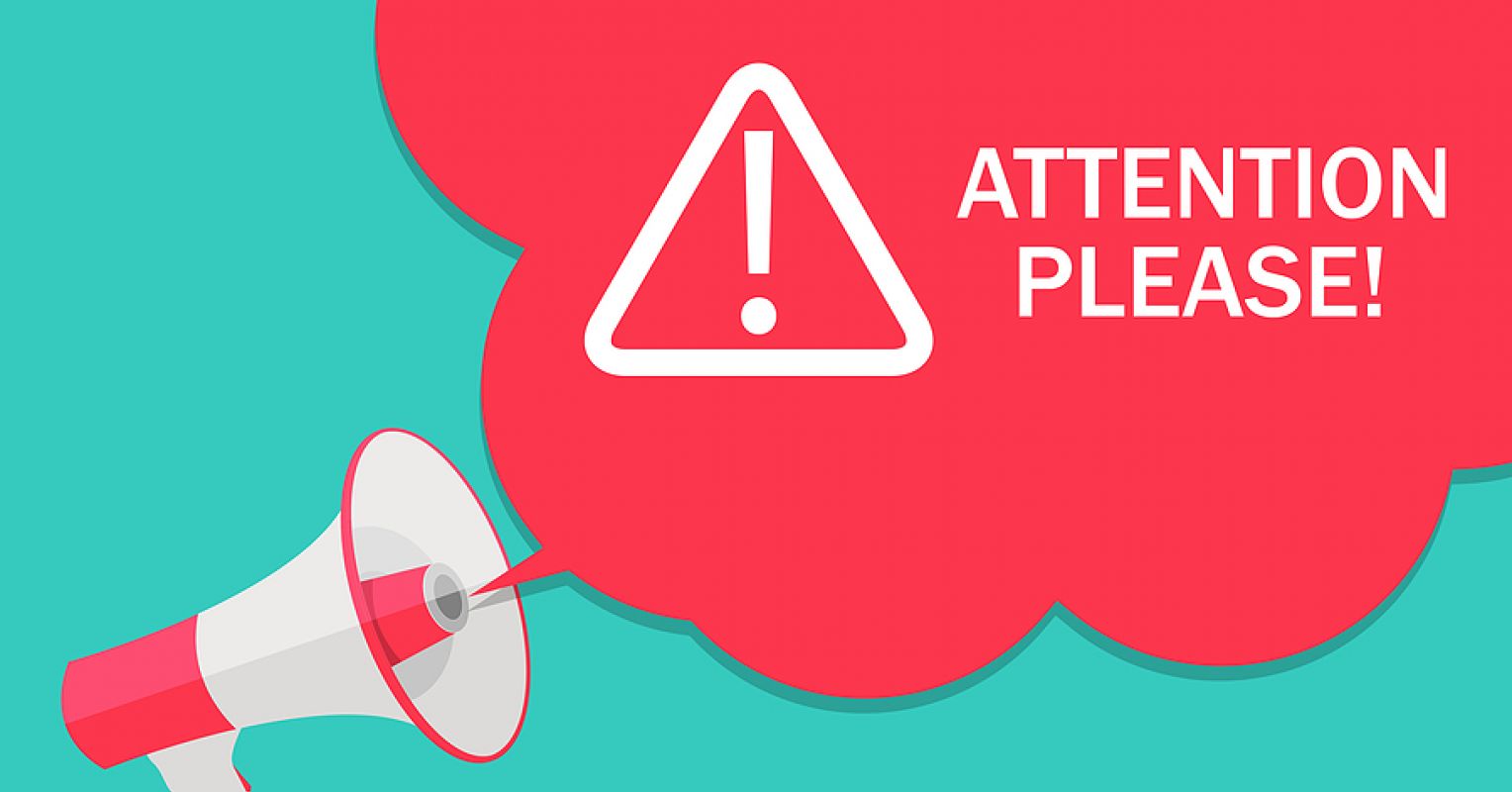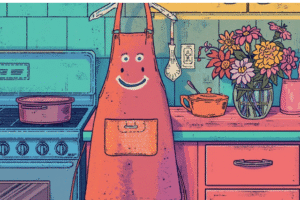Today, Marc Brackett is the founding director of the Yale Center for Emotional intelligence. But he remembers what it was like to be a kid who struggled with his emotions.
“I would sometimes just sit in a room and cry and catastrophize, like I’m never going to figure this out,” he recalls. He would think, “I don’t have anybody to talk to about it because I can’t talk about it, because people are going to think I’m weak.”
In his latest book, Dealing with Feeling, Brackett shares the emotion regulation skills that can help both kids and adults relate to themselves in a different way. He’s an advocate of changing how we talk about emotions for happier lives and more flourishing societies.
X
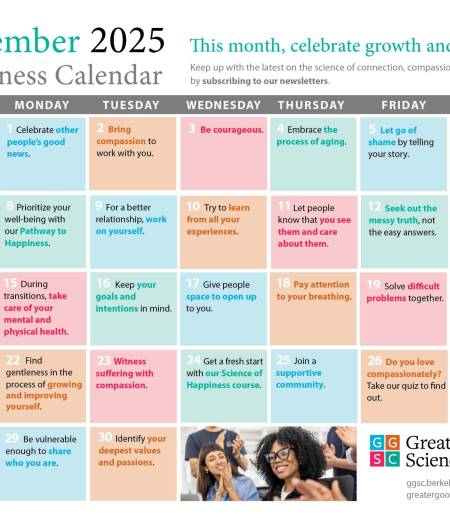
“We want to create a society where someone like me when I was a teenager has the opportunity to get it out and either have strategies for myself or have an emotional ally that can provide that support,” he says.
That’s a far cry from where we are today, as Brackett discusses in our edited conversation below—but he has ideas for how we can move forward. (This is the second part of a longer conversation—you can read the first part here.)
KMN: What do you think is the most damaging lesson that we learn about emotions?

Marc Brackett, Ph.D.
MB: I think the most damaging is becoming that self-saboteur—the self-defeating talk, the self-criticism: I’m not good enough. I’m not strong enough. I’m not smart enough. I’m not this enough. It metastasizes and really inhibits us from achieving almost everything that we want in life.
My argument is that negative self-talk starts very, very early, and it’s usually because of being gaslighted. Other people start saying things like Oh you’re ugly or You’re too fat or You’re too skinny or You’re too tall, you’re too short or You’re too dark or You’re too light or too masculine or You’re too feminine. No one is there to help us sift through that barrage of negativity, and because of that we start believing how other people define our reality for us.
I find that to be the most heart-wrenching aspect of society, that other people think it’s their right to tell us who we are and how we should be. Then no one helps us have the agency to say, Hey, wait a minute. I’m not buying into that narrative. Why do you think it’s OK for you to talk that way to me or say these mean and hurtful things to me?
This is why I feel adamant about making sure that children from preschool on are taught healthy emotion regulation.
KMN: So the problem is being alone in those moments of having an unpleasant emotion, and not having someone to guide us through that?
MB: Then you ruminate about it because society has also said you can’t talk about this because That’s baby stuff, that makes you weak.
I’ll never forget, I was visiting a kindergarten classroom and this kid was having a rough morning, and he didn’t want to share it. Basically what he said was “I don’t want to bother you.” That was a real wake-up call to me that this kid was going to be trapped with whatever he was feeling about being left out or not understanding something. How awful is it that a child was starting to believe that it was inappropriate to share whatever his experience was because of his fear of being judged.
This message from society to suppress or repress or deny or ignore or boys don’t cry is impacting very young children.
KMN: If someone’s reading your book and they want to start working on emotion regulation, what can they expect that process to look like?
MB: I have to know what I’m feeling, I have to know who I am as a person, and I have to know where I’m going to be regulating, or the context. What I mean by that is the strategies that I might use to manage sadness might be very different than the strategies I use to maintain my happiness or cultivate a sense of calm and relaxation.
In schools, we have a framework that supports kids in learning the full range of emotions, and then they explore the reasons for those emotions and the strategies for those emotions, and it spirals over the course of their development.
For example, feeling lonely versus excluded versus being alienated. Those are three related but different concepts, and they’re also intertwined with our social and cognitive development. Lonely is easier for a younger person to learn about. When you feel lonely, what can you do to feel less lonely? And then you have kids brainstorm, and they come up with ideas for that so everybody can hear about the ideas that come up.
But what happens when you’re excluded? It’s a little harder, right? Because it wasn’t your choice. You have to figure out how to navigate the social piece of that, and this is important. Same thing with feeling disappointed; if I’m feeling disappointed, I can work harder. If it’s a classroom thing, maybe I can study harder, I can get feedback, I can learn from my mistakes. But when you’re feeling discouraged or hopeless, you need different strategies.
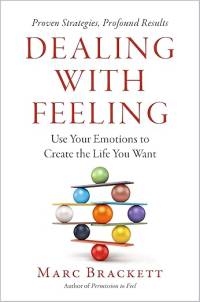
Dealing with Feeling: Use Your Emotions to Create the Life You Want (Celadon Books, 2025, 320 pages)
My vision for this is that it’s a continuous development process. We learn little words and we start practicing those words, and then, as we develop, we learn more words, and we figure out strategies for those. Then we keep growing and growing and growing and practicing. Over time, we have this amazing tool bag of helpful strategies to regulate our feelings.
The thing is that we can’t predict the future. I lost my mom when I was only 23 years old. She died very suddenly of pancreatic cancer. It’s hard to predict how you’re going to feel and how you’re going to deal with your feelings. The best I can offer is cultivating a muscle so that when those things happen, at least you know how to access those strategies. At least you know how to reach out to people to get the social support.
Without cultivating those skills, your system goes into shock and you don’t know how to think about the situation in a way that doesn’t make you feel worse, and you don’t really know how to talk to people about it. What happens is you isolate yourself more, or you revert to other strategies like drinking alcohol to numb yourself or doing drugs to escape, as opposed to having healthy strategies to manage the grief.
KMN: One of the most poignant things for me in your book was when you wrote that some parents don’t actually want to hear what their kids are feeling, because of how it makes them feel and because it means they would need to deal with it.
MB: They’re afraid because they haven’t learned how to deal with their own emotions and feelings about their kids’ feelings that they’re afraid of, too. They’re embarrassed that their daughter or son is feeling shame because they think it’s their fault. So the alternative is what? Ignore it? No. The alternative is work on yourself and then be a supportive adult for your kid.
KMN: How can we change the messages that children get from society about emotions?
MB: We can teach emotion regulation to the people who have the greatest power so they can be the best possible role models for society. Government officials, CEOs of companies, superintendents of schools, parents in households, everyone. I say that with seriousness. This begins in childhood, but these are skills that we have to practice throughout life.
I would go as far as to say that policymakers need to deeply understand the implications of their decisions on children’s emotional development, because there are policies that can be created that will impact a child’s healthy nervous system development.
For example, bullying policies in schools, separating children from their parents: We know from decades of research the trauma that creates for children. If we were aware of the outcomes associated with bullying or separating kids from parents, maybe we would shift the policies that we created so as to not inflict harm on children.
Oftentimes this is misperceived as indulgence of emotions. I’m not talking about indulgence here, I’m talking about scientific evidence for the impact of dysregulation. The outcomes for people who are ruminating, suppressing, denying emotion are not positive. Mental illness, anxiety, depression, substance misuse, the list goes on. The outcomes for people who are in relationships with others who are dysregulated are also not positive. It’s our moral imperative to make sure that we are role models and that we are teaching these skills explicitly.
KMN: How would you say the academic conversation about emotions has changed? Are there any new ideas that stand out to you?
MB: I think my take on this is that the science is pretty good; the dissemination of these ideas has not been good. Essentially, our largest problem is implementation.
For example, our education system has not committed to—as a matter of fact, it is outright against, in many instances—the teaching of these skills in schools. So where are you going to learn it? People say you learn it at home, but then the adults who are bringing children into this world have not had an emotion education either. So no one has actually had a formal education in this other than the experts.
What we know from research is that when children are in schools that do the work and do it well, the outcomes are quite positive: more developed social skills, more developed emotional skills, better academic performance, the list goes on.
KMN: Why else do you think the implementation hasn’t been there?
MB: I think another reason why is that society has changed. For example, social media is a factor because we think we’re going to get the quick fix from watching the 30-second Instagram video of some influencer telling us to throw our anxiety out the door. And then we realize that you really can’t just throw your anxiety out the door. I think we have become addicted to like next, next, next, next, and in that addiction, we don’t realize that we’re never actually dealing with the problem or the feeling.
Whether it’s the Instagram post on reducing anxiety, whether it’s doing a cold plunge, whether it’s this affirmation that somebody says is the thing that made their life different, there are endless amounts of things being thrown at people. But there’s not a lot of time in terms of learning a skill, practicing a skill, and refining the skill.
I always make the parallel to poetry, like Amanda Gorman. You don’t become an incredible poet by writing one poem. You become an incredible poet by writing thousands of poems and getting feedback and growing. Well, you can’t become an emotionally regulated person without learning lots of strategies, practicing those strategies, and refining them over the course of time.
